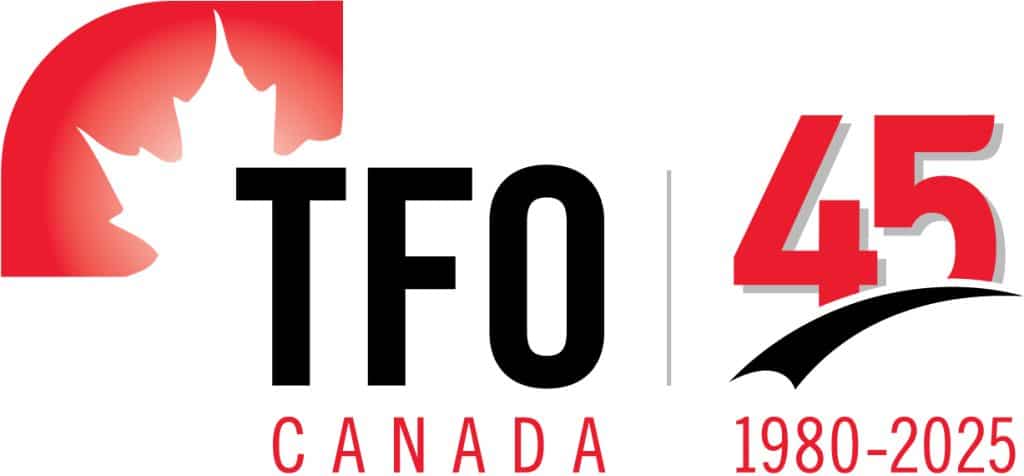The United Kingdom and Indonesia are expected to announce a “Forest Deal” to end and reverse deforestation by 2030 on November 2 at the global summit on climate change.
Whether this is cause for celebration will depend on who will sign on to it, how ambitious its goals are, whether it centers human rights as a pillar for preserving forests, its accountability systems, and whether it signals increased ambition from previous initiatives.
Deforestation is the second-largest source of greenhouse gas emissions, after the combustion of fossil fuels. Today, the leading driver of deforestation is industrial agriculture, and most forest clearance is presumed to be illegal.
Preserving forests is fundamental to enable these ecosystems to continue performing their function as sponges that absorb and store carbon, regulate weather patterns, and provide for millions of peoples’ livelihoods.
The forthcoming deal follows months of opaque negotiations chaired by the UK and Indonesia under the Forest, Agriculture and Commodity Trade (FACT) Dialogue that began in February. It aimed at reuniting the world’s largest producers and consumers of agricultural commodities driving global deforestation. Civil society was invited to provide input through regional consultations but without direct interaction with public officials.
Read more here
